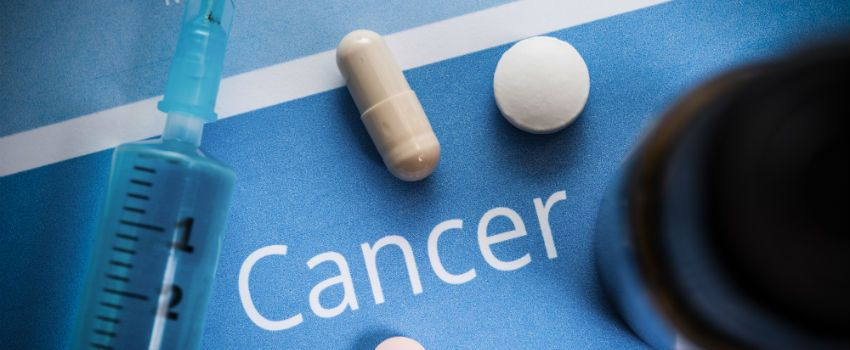
The warning signs for cancer are not always obvious. Often when people visit the doctor complaining of symptoms such as indigestion it is impossible to determine on the first appointment whether cancer is the cause. More often than not the cause is something far less serious. Currently there is no simple test that can determine whether a patient needs to be referred to a specialist for additional testing for a wide range of cancers.
All that is needed is a breath sample
There is however a trial being conducted that is funded by Cancer Research UK at the MRC Unit at the University of Cambridge that seeks to change that by attempting to develop a cancer test that simply needs a breath sample. The idea is to develop a test that can detect volatile molecules in the breath which would indicate whether a patient may have an early cancer they are unaware of.
Pilot study
The study is a pilot, so the researchers are examining a range of cancers to determine whether they can obtain a signal and compare it to signals of healthy individuals. Obviously the first cancer that would be detected would be lunch cancer and testing for this cancer using breath using proprietary technology is already ongoing. The problem is that the way the body recycles metabolites, may other volatile molecules from different parts of the body also end up in the breath as well.
Determining the difference between cancer signatures
If the technology is able to determine the difference between cancer signatures and healthy ones, the researchers will then see if there are differences between cancer types or if there is only a single cancer signature. Depending on how the research progresses, the breath test technology has the potential to be used on the general population to screen them and determine whether individuals have cancer without displaying any symptoms.
Cancer screening would become simple
The goal is to make is as simple as possible for an individual to undertake a breath test. Ideally the testing device would be sitting in a GP’s surgery. Before such a test can be rolled out, a number of large-scale studies would have to be completed in order to confirm that the benefits outweigh the risks. Ultimately such a test would be used as a screening tool where healthy people are tested as well as being used as a triage test that GP’s can use to help them determine which patients need to be referred.
Research team needs data
What is required for such a test to come to fruition is data and the researchers need to find enough patients with a variety of different cancers that they wish to investigate. The research team say they are confident that the non-invasive nature of a breath test means finding subjects will not be difficult. All that is required from people who participate is about ten minutes worth of their breath. So long as individuals volunteer there will be enough data to collect to draw the necessary conclusions which would bring a cancer breath test a step closer to reality.





